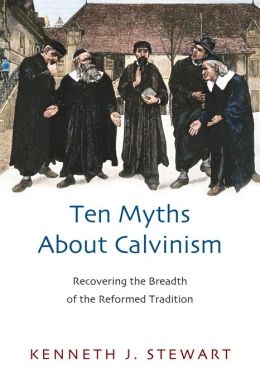Henry Melton just keeps on churning out books. He is
constantly working on making his stories available through print, e-publishing,
and occasionally he releases one of the good ones serially online. His
longest-running series of Young Adult Science Fiction is the Small Towns, Big
Ideas series which follows high school-aged heroes and heroines from small-town
America
into some interesting adventures that have included extra-terrestrial life
forms, super-intelligent technology, and time travel. He’s also hard at work on
the recently developed The Project Saga, which started in modern times but
promises to carry readers drastically into the future from Earth and into the
far reaches of the universe.
But today’s story is part of the Home Planet Adventures
series. Tommy Dorie is on the verge of becoming a man. He’s still caught up in
the throes of high school finals week when his father Nick sends him on another
goose chase. Can Tommy risk ignoring yet another pop quiz, or could it really
be serious business this time around? Since the loss of his mother just a few
months before the story begins, Tommy and Nick have developed a strained
relationship highlighted by communication through text codes developed by Nick
because of his secretive job.
Tommy finds himself caught up in corporate battles that
really belong to Nick. His only hope for survival is to stay away from the
company goons who are after the Dorie family sailboat. The secrets keep revealing
themselves as Tommy works to rescue Nick and his co-workers along the way.
As per usual, Melton treats his readers to a book that is
chock full of information about a lesser known pastime (sailing in this case)
and technology. Breaking Anchor is another of those “hope it’s not true, but
maybe . . .” stories that calls the
reader to think about the big what ifs of life that so often are just ignored
in preference for regular life. Between the pages you’ll find action, intrigue,
passion, and excitement. And a smarter than average dog. I have to give Melton
another five-reading glasses review for this little gem.
—Benjamin Potter January 7, 2013
[This book was received from the publisher
for the purpose of review. All opinions are my own. No other compensation has
been received in order to influence the reviewer.]











